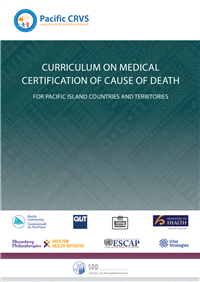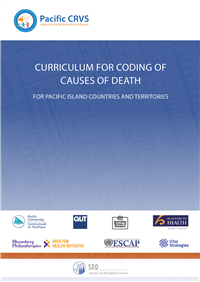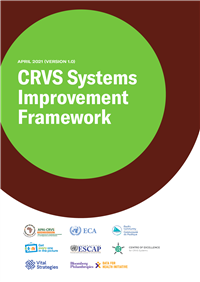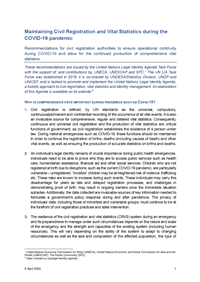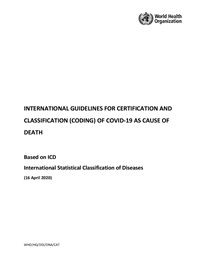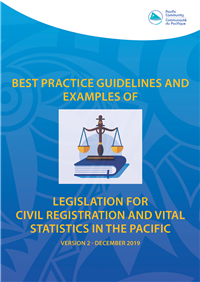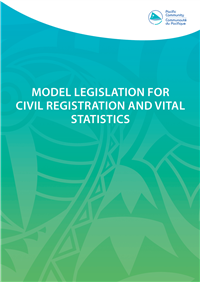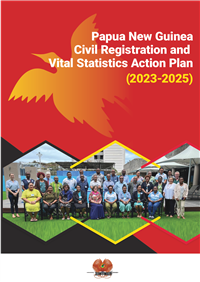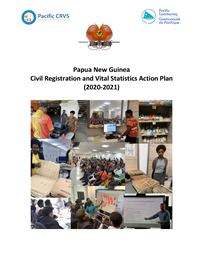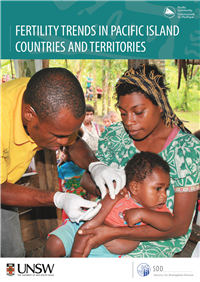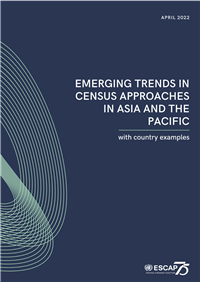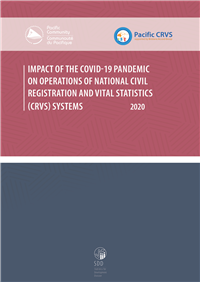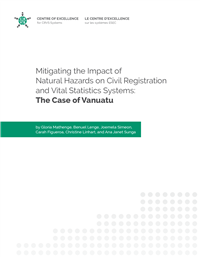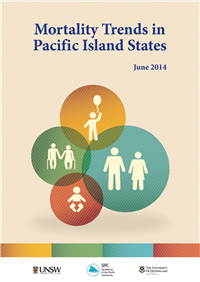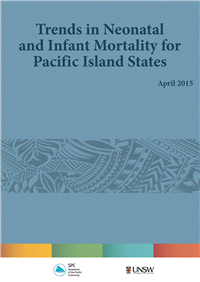Country Reports
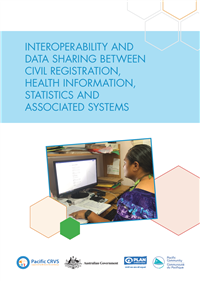
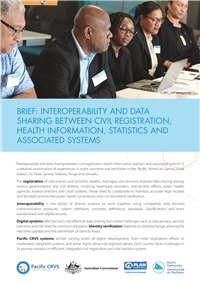
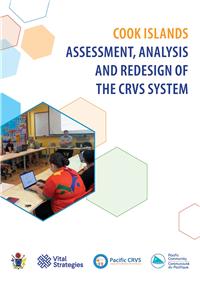

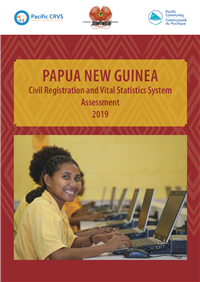
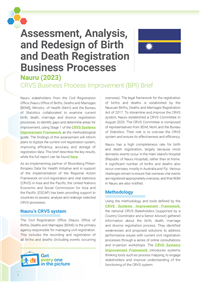
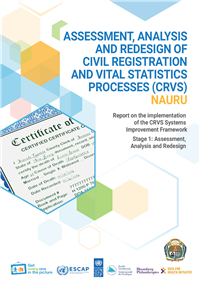
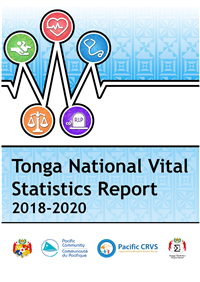
In an effort to improve Civil Registration and Vital Statistics (CRVS) systems, Pacific countries and development partners have committed to the Action Plan for Pacific Civil Registration and Vital Statistics (APPCRVS), which sits under the Ten Year Pacific Statistics Strategy and the Asia and Pacific decade for CRVS (2014–2024) and the corresponding regional action framework. Within these frameworks, countries endeavour to achieve three main goals:
Completeness of births and deaths registration
within 12 months of event
Technical assistance for Civil Registration and Vital Statistics (CRVS) in the Pacific is coordinated through the Action Plan for Pacific Civil Registration and Vital Statistics (APPCRVS) which is a coordination mechanism for the activities of the Brisbane Accord Group (BAG).
The basic approach of the APPCRVS is to work with countries to undertake an assessment of their collection and reporting systems for births, deaths and causes-of-death. This Information is then used by countries to develop a multi-sectoral country-specific CRVS improvement plan. BAG supports countries in building capacity to enable efficient implementation of different components of the CRVS plan.
BAG’s technical assistance programme includes:
If you would like any more information about this work please contact us via the LiveChat on the bottom-right of this screen.









